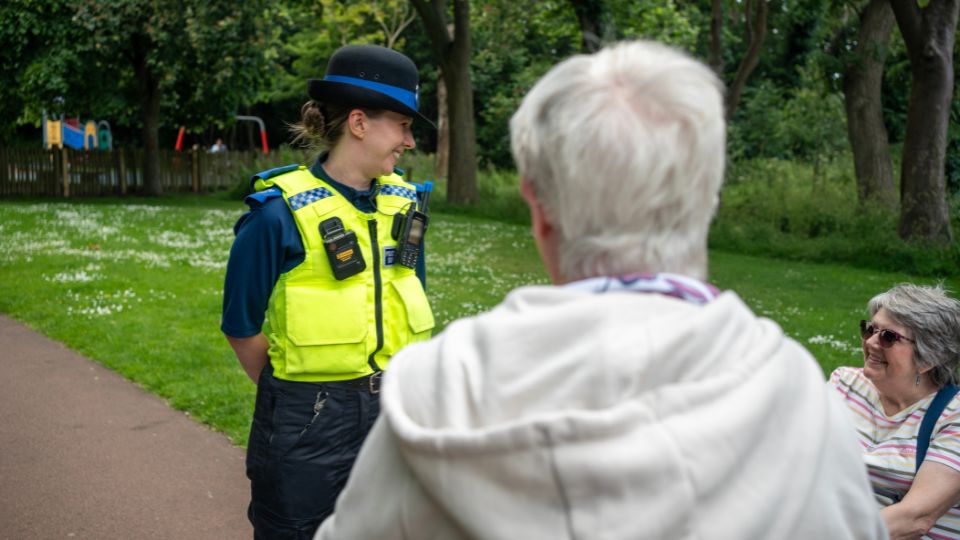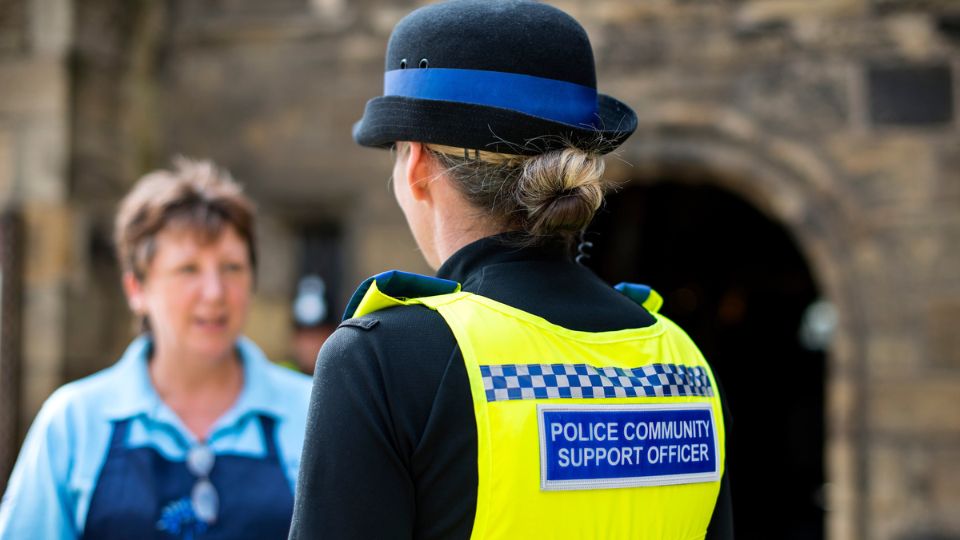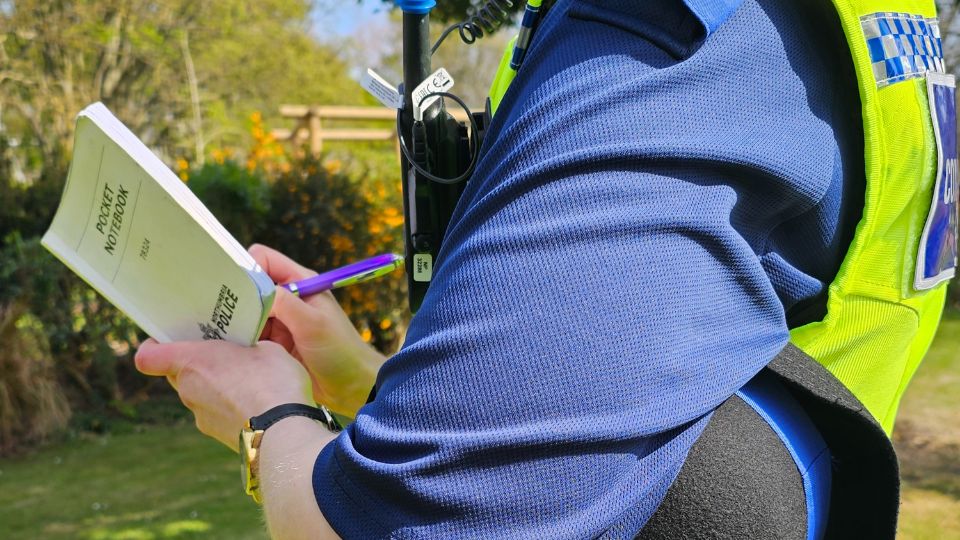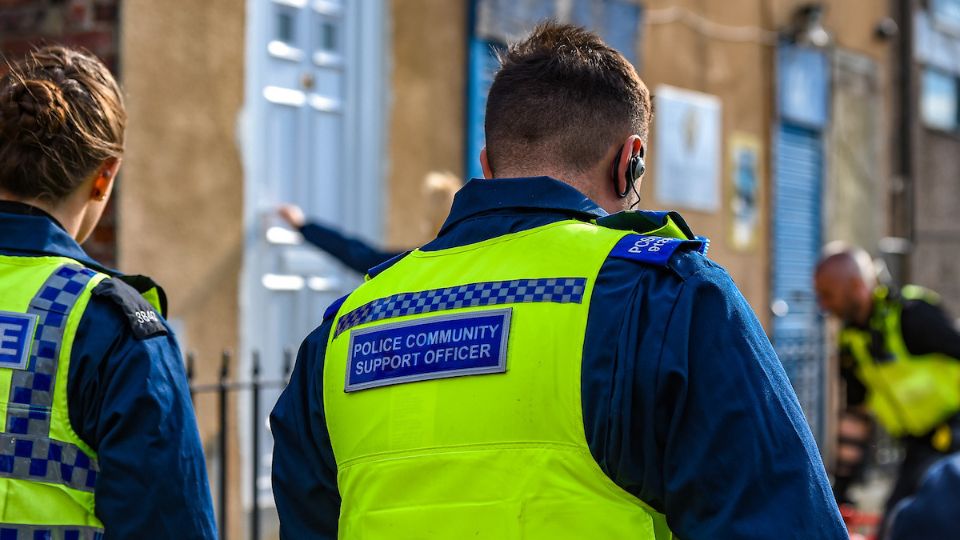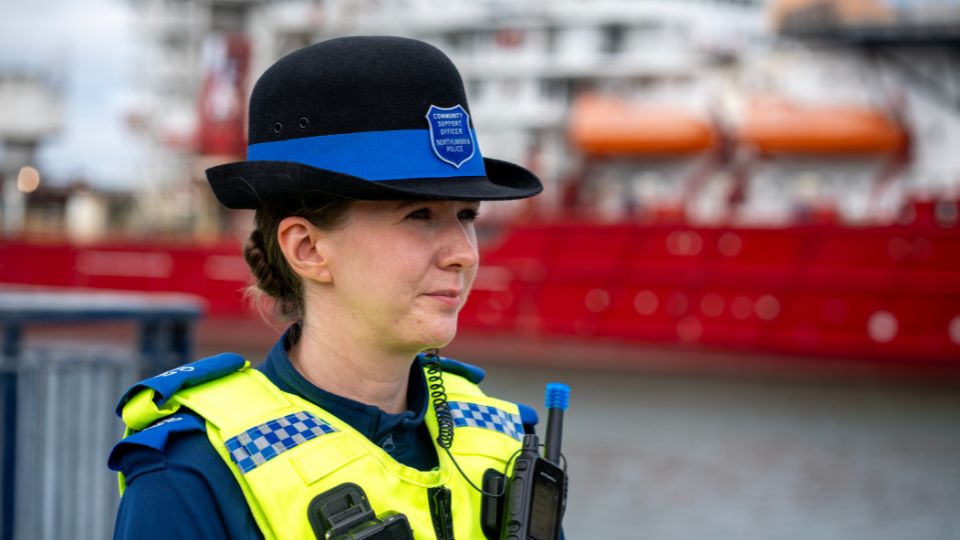Police Community Support Officer
Police Community Support Officers (PCSOs) are on the front line of policing, supporting their operational colleagues to gather intelligence, be visible on patrols and make streets feel safer.
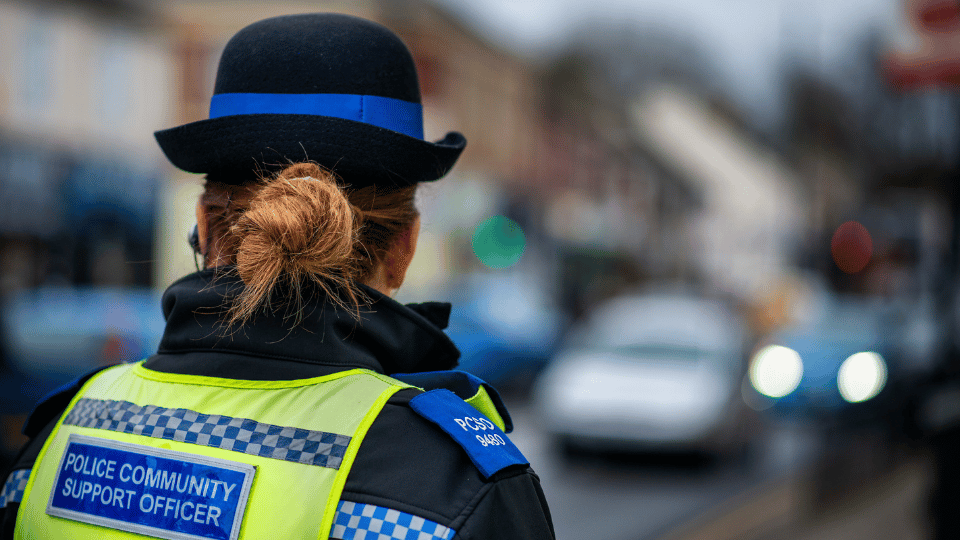
Why should you become a PCSO?
What is a Police Community Support Officer (PCSO)?
As a PCSO, you’ll work within a neighbourhood policing team to connect with local communities and partners, build positive relationships, identify local issues, and put solutions into action to keep people safe. You’ll respond to incidents in your area, carry out initial investigations, and preserve scenes when needed.
You’ll deliver a high-quality service to victims and witnesses of crime and anti-social behaviour, identify vulnerable individuals, and take steps to protect them. You’ll also take part in briefings, operations, and other policing activities.
Your role involves working closely with community partners to solve problems, prevent crime, and offer advice. Staying approachable and adaptable helps you build trust and become a respected presence in the community. To succeed as a PCSO, you need to be resourceful, diplomatic, motivated, and deeply connected to the people you serve.
Although you don’t carry handcuffs or have arrest powers, you’ll rely on your training, communication, and interpersonal skills to manage challenging situations. You’ll need to stand your ground and handle confrontations confidently, knowing that police officers and staff are always there to support you. The camaraderie in this role is unique, and invaluable during tough times.
What you need to know before you apply

